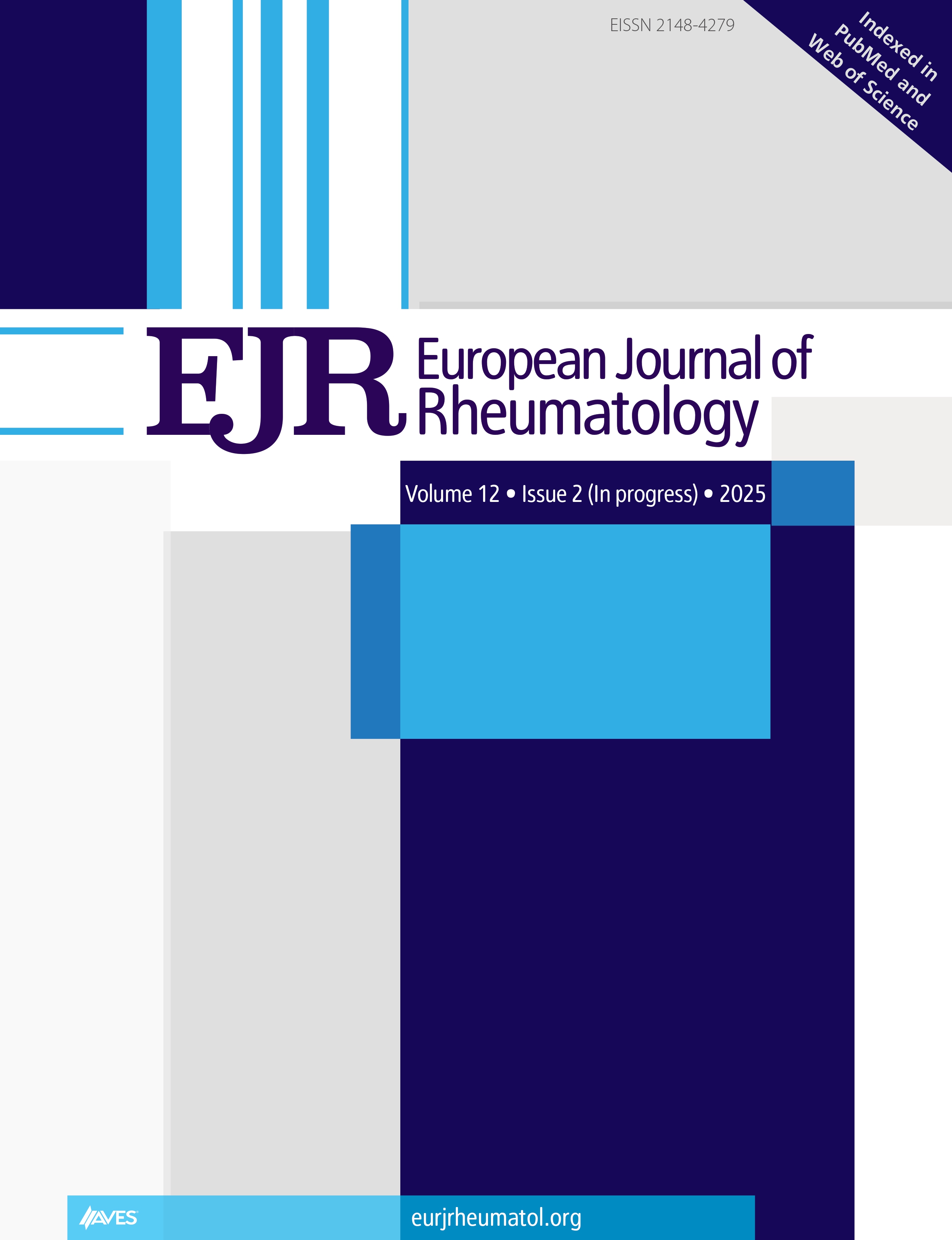Objective: We believe that IgG4 may have a role in the pathogenesis of Peyronie’s disease (PD), and this role could be particularly beneficial for developing new strategies; therefore, we aimed to investigate the role of IgG4 in PD.
Methods: This study included 3 groups with a total of 139 subjects: (I) PD group (n=61), (II) control group (n=48), and (III) benign prostatic hyperplasia (BPH) group (n=30). IgG4 measurement was performed using the enzyme-linked immunosorbent assay. Plaque size, penile curvature, and the presence of concomitant impotence were evaluated in the PD group. Impotence was assessed based on the International Index of Erectile Function (IIEF).
Results: A significant difference was observed between the PD and control groups and between the PD and BPH groups with regard to IgG4 levels, while no significant difference was found between the BPH and control groups (p=0.0001, p=0.002, and p=0.07, respectively). The IgG4 levels were significantly higher in the PD than in the other groups. The cutoff value determined between the groups was 87.5, 82, and 31.5, respectively. Mean plaque size was 2.0±1.01 cm, and a significant relationship was found between plaque size and IgG4 concentration (p=0.02). Mean penile curvature was 35.6±25.1°, and a significant relationship was found between penile curvature of >60° and IgG4 concentration (p=0.001). Mean IIEF score was 19 (range, 7-25). Moreover, no significant relationship was found between erectile dysfunction and IgG4 concentration. Penile pain was present in 24 (39.3%) patients with PD.
Conclusion: The IgG4 levels were significantly increased in patients with PD, which implies that IgG4 may have a role in the pathogenesis of PD. This finding could be particularly beneficial for developing new strategies. Future studies with larger patient series are needed to substantiate our findings.
Cite this article as: Solakhan M, Kısacık B. Is Peyronie's an IgG4-related disease? Eur J Rheumatol 2021; 8(1): 27-30.



.png)